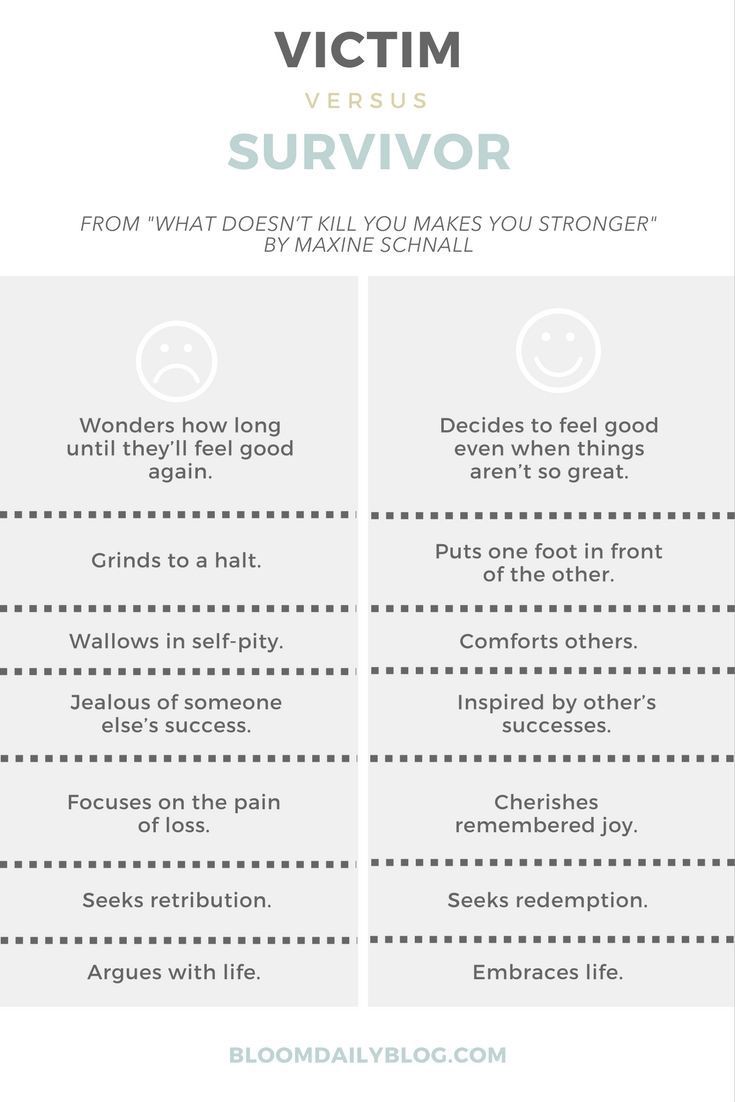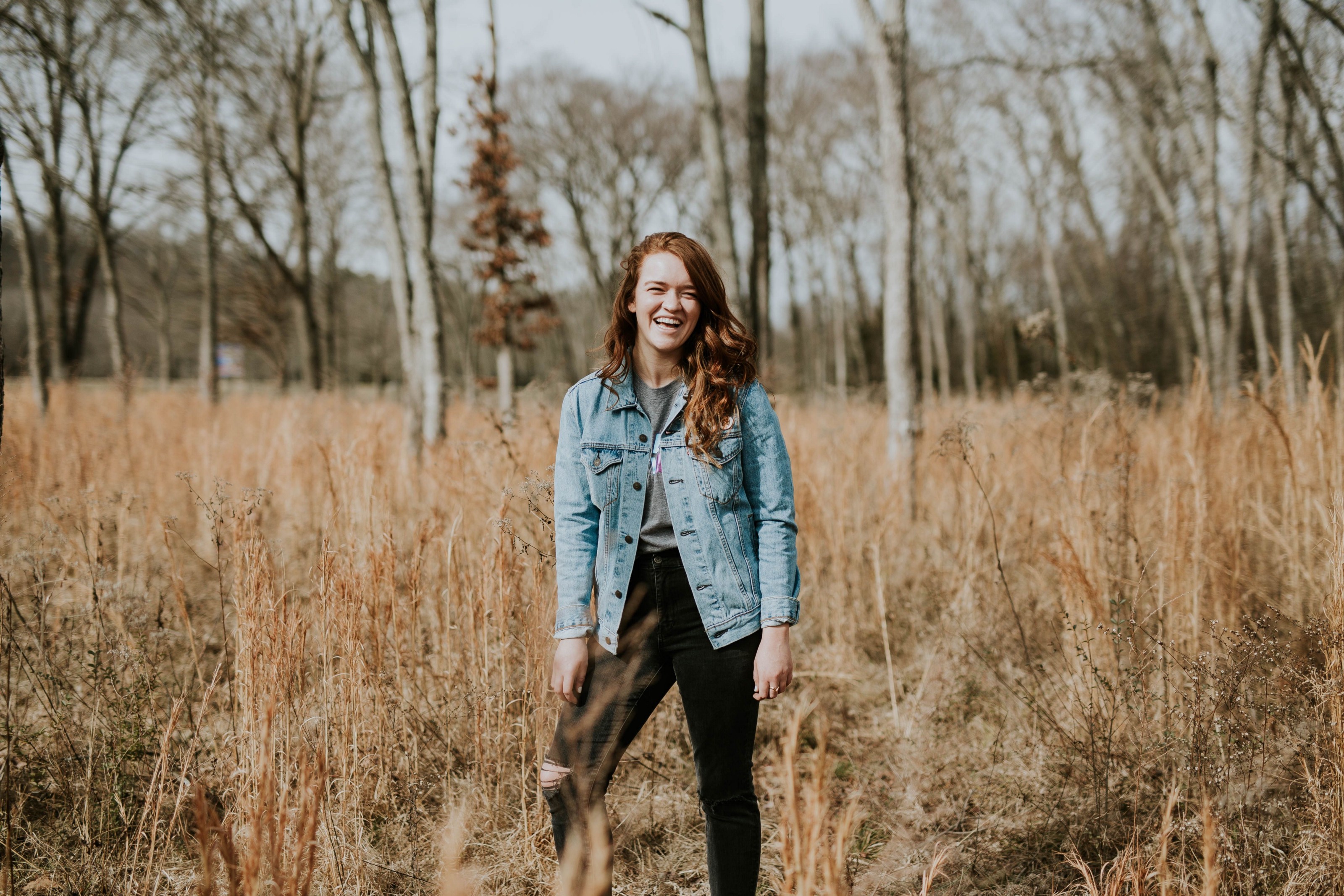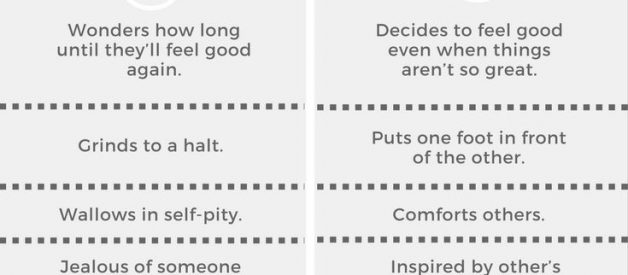There are plenty of reasons why many of us have been ill-equipped to make decisions on our own. From parents not allowing children to make smaller choices in their youth. To friends and family imposing their personal desires onto one?s life.
It varies. For whatever reason, we may not have had adequate practice.
As we grow, the sources of doubt may change. You may have a mother-in-law who questions the decisions you make for your family. Or work in an environment which doesn?t foster or support your talent.
Most of us want to feel the freedom of confidence in the decisions we make. To keep marching ahead even when others question us.
Is it even possible to learn how to own your decisions? YES.
Today I want to share with you what I?ve found on the topic of owning your decisions. As someone who?s struggled with this, I?m joining you on the journey. While writing this post, a situation arose where I had to test the knowledge laid out below.
It was painful and ugly. My emotions fought back at each turn. But what I got was growth and the realization you can learn to own your decisions.
Here?s what you?ll learn in this post:
- Why we struggle with decision-making.
- What?s needed to make the shift from doubt to confidence.
- How to start making the changes you need today.
Want to jumpstart owning your decisions? Then download your free morning routine guide. This is a great first step to trusting yourself. You?ll receive a summary of my morning routine post, more insight, and a workbook.
Why We Struggle
?When we don?t listen to our intuition, we abandon our souls. And we abandon our souls because we are afraid if we don?t, others will abandon us. We?ve been raised to question what we know to discount and discredit the authority of our gut.? Terry Tempest Williams in When Women Were Birds
Why do we disconnect from our intuition? Common culprits are:
- Caring what others think.
- Lack of love for oneself. Which makes it hard to trust yourself or feel secure.
- Feelings of shame or guilt.
To clarify: Guilt is a healthy emotion because it helps us realize changes we need to make in life. It becomes shame when we turn guilt into a sign that we?re incapable or unworthy. Shame is destructive.
Let?s dive deeper into some of the habits which affect your ability to own your decisions:
Obsessive Asking For Advice or Approval
?When your sense of pleasure and satisfaction are derived from the opinions of other people, you are no longer the master of your own happiness. When emotionally intelligent people feel good about something that they?ve done, they won?t let anyone?s opinions or snide remarks take that away from them.? ? Travis Bradberry on Entrepreneur.com
For most of my life, I knew what I wanted. But my compulsion for asking advice made me lose confidence in myself.
How many times have you ignored a gut feeling in favor of advice only to regret it later?
Wes Moore puts this into perspective, ?The vast majority of advice you?ll receive comes from a place of love. But ultimately we have to make our own choice based on what?s best for us. You?ll never make a decision 100% of people will accept as a great decision. That?s ok. Don?t let people who don?t matter too much, matter too much.?
?What I was really telling myself is that my opinion didn?t matter. I valued other people?s opinions far above my own. I disowned myself. Somewhere in my mind, I thought that they must have known better. After all, what in the world could I know?? ? Esther Bautista
Marie Forleo advises ?putting down the clipboard?. To stop being a survey addict where you ask everyone and their mom for their opinion.
Is this something you struggle with?
Living Like a ?Child-Adult?
Many adults choose to stay in the victim mentality so often practiced in childhood. They default to being passive about what they want and then blame others for their condition.
Martha Beck explains the difference between grown-ups and adult children, ?You may believe that you don?t have the good judgment to decide what?s right for you, but consider this: Even when you obey an external authority, you?re making the choice to do so. Choosing what and whom you believe is your inescapable responsibility, so own it. Examine everything you hear. Weigh it against your innate sense of truth. Then do what feels right, even if it goes against someone else?s grain. You weren?t allowed to do that as a kid. You are most definitely allowed to do it now.? (emphasis added)
Most of us learn this from our parents or other people. This is nothing to be ashamed of and can be remedied starting with awareness.
We?re responsible for who we are regardless of our upbringing. There?s power in knowing this.
Let?s get to the last common habit we may have:
Acting Like a Victim
?If we tell our story in a way that disempowers us we won?t know that we matter even in the midst of the story? ? Iyanla Vanzant
This was a huge one for me. Most of my life I learned to act like a victim because of how my family acted from fear. Call it the ?Italian Catholic mentality? if you will. This crippled me when it came to trusting myself.
People in victim mode often pity the hand they?ve been dealt and focus on how horrible people treat them. Feeling sorry for themselves even when life is going well. They see vulnerability as dangerous and play defense, in life, rather than offense.
?When we?re trapped in the world of victimhood, we tend to be more aware of how vulnerable we truly are. We experience a sense of what Bren Brown calls ?deep foreboding.? It?s the sense that disaster is always lurking around the corner. And the sensation is most intense when things are going well.? ? Cylon George on Huffington Post
A victim ?wants to control when that disaster will strike so he will not be disappointed. Therefore, he undermines his own joy and success with self-destructive behavior. (Cylon George on Huffington Post)?

A victim defines who they are by what happens to them. They give power to the emotions of others. As a result, a victim needs approval to know their choice is right.
A survivor owns their choices even if the outcome isn?t desirable or approved of.
Below are ways you can start owning your decisions.
How To Deal
?Confidence is a funny thing. You go out and do the thing you?re most terrified of, and the confidence comes afterward.? ?Christopher Kaminski
The work of learning to own your decisions won?t be easy or quick but I promise will be worth it. It involves some backtracking and changing of beliefs.
1. Figure out WHY you?re feeling guilt or fear.
?Learning how to deal with guilt comes down to understanding what?s really happening behind your feelings of guilt. Once you do that then you take control over your emotions and you choose how you want to respond. You won?t be blindly reacting and finding that nothing you do eases your guilty conscience. This way, you rule your life, not your emotions and fear. You?re also back to making the best decisions for you and those you interact with.? ? Catherine Pratt on Life With Confidence
When we believe that we?re not worthy enough, we allow fear to lead us. Which can cause us to make decisions and support beliefs which betray our truest self.
We end up feeling victimized by our own emotions or of others.
Observe your decisions and what beliefs lie behind them. Are you deciding to stay in a toxic relationship because you fear you?ll never find someone else? Do you avoid speaking up when something bothers you because you?re afraid of how they may respond?
This is a crucial first step. Figuring out why you struggle. This way you can be proactive and start operating from a better place. We have the choice. You have to be brave enough to do this work.
2. Create a system.
?What you need is a system. You need to know, before a decision confronts you, how you?ll deal with it. You need a set of rules and ideas that will help you get your ideas in order ? efficiently and effectively.? ? Kate Matsudaira and Kate Stull
Eliminate as many choices as possible ahead of time.
Steve Jobs wore the same clothes every day. He eliminated the amount of time and energy wasted on choosing an outfit.
I decided to do laundry only on Mondays and Thursdays. The frustration of fitting laundry into my scheduled? Eliminated. I no longer worry about when it needs to get done.
If you create a system for smaller decisions your life will become less stressful. This also sets you up to become more confident when making bigger decisions.
When a person makes you doubt your decisions, plan how you?ll respond in future interactions. Create boundaries. Don?t share as much information with them. Or rehearse a response when you know they attack in arguments.
People who encroach on your ability to make decisions will fight and squirm to keep things the way they are. You can?t let them. They?re too used to being able to overstep their bounds with you. Which is why it?s crucial to set new boundaries.
?It?s like having an emergency plan. You have to decide how you?ll deal with a crazy situation *before* you get into it, because when you are dealing with an emergency or making a decision on the fly, your immediate needs and fears typically cause you to make choices you wouldn?t have made if you were thinking a bit more long term.? ? Kate Matsudaira and Kate Stull
You won?t be able to own your decisions unless you have boundaries from which you operate. Unpenetrable boundaries.
3. Be willing, not perfect.

?To thine own self be true.? ~William Shakespeare
A few weeks ago, a huge online publication asked if they could republish my morning routine article. I said yes. They then told me they?d need to edit the article to fit their site. Also, that I couldn?t see the edits before the post went live.
My intuition alarms went off. Something didn?t sit right with me. But, I realized this was a chance to test my decision owning skills. Would I suck it up because of the big name? Or go with what my gut was telling me?
In the name of listening to my intuition, I emailed the publication saying I?d need to see the edits first.
My mind and heart started panicking. I immediately doubted my choice. I sat at my kitchen counter in the dark, crying for what felt like a sure loss of opportunity.
Then, I realized regardless of the outcome I had to put power in my decision. To trust myself. I wasn?t a victim.
Here?s what followed mentally:
1. Ask yourself WHY you made a certain decision. I wanted to get my message out to as many people as possible. If I can?t see the edits someone makes then I risk losing the intended message.
2. Attack the scarcity assumption ? there?s an abundance of opportunities out there. You may go against the grain of someone?s else?s desire but it doesn?t mean it?s the only chance. You?re a talented writer (mom, dad, boss, etc) with passion and purpose.
God isn?t done with you because you said no.
3. Be ok with taking responsibility regardless of the outcome. The person could respond with anger saying they no longer wanted to publish me. Or choose to never respond which happens. Or it may work out fine and there?s nothing to worry about. Either way, own your choice.
The editor ended up emailing me back with a kind response and we worked everything out.
This experience was a huge lesson to practice my decision-making ability. To know my boundaries and stick by them even if the worst outcome happened. That it?s important to challenge the faulty thought patterns we struggle with. Scarcity, unworthiness, and fear.
Had the publication decided to pass I was prepared to live with it and keep going. When you?re faced with a decision you must know your why and align yourself with it. To own your choice even if you end up regretting it later on.
Look at every situation as a chance to get to know yourself better. We can?t own our choices by thinking. We have to practice with action.
Even though we may doubt and revert to old patterns we must fight. Even in the thick of messy, uncomfortable emotions. Being willing to change and continue on. This is what matters.
We have the privilege to create our story. We are worthy regardless of outcome and loved by God in unfathomable amounts.
Life isn?t about avoiding uncomfortable feelings and situations. It?s about learning to thrive and take action even when they?re there. We must stop making ourselves small. Afraid to confront what?s holding us back.
Simon Sinek says our brains pick up cues, signals, and information to form a gut feeling. At the same time, if we?re prone to anxiety and fear our choices may be influenced by these factors.
In which case, you?ll need to learn if you?re making a decision out of anxiety or knowledge and faith.
4. Make Sure You?re Not Owning Other People?s Issues
?You are responsible for what you say and do. You are not responsible for whether or not people freak out about it?What other people think about you has nothing to do with you and everything to do with them.? ? Jen Sincero
Many of us find ourselves outside the realm of our responsibility on a daily basis.
It?s NOT your responsibility to appease and care for others who have no final say in your situation. Are you often scared of making decisions because of what someone may think?
Friends and family force their wishes for your life on you because they?re afraid to know their own truth. This is not your responsibility. This is their issue and they need to deal with it. Not you.
?When I began realizing the difference between owning others? problems and giving them support, I started creating my own positive space. This has a lot to do with boundaries, where someone else ends and where you begin. I realized I don?t need to take responsibility for other people. If someone hasn?t called me back after three tries of calling them, it?s not my fault or responsibility to get them to call me. If there is a pause in conversation, it?s not my job to fill it. It is possible to accept the way others are and arrange the pieces that are given, not try to make up for them.? ? Anna Puchalski (emphasis added)
5. Become Mindful
?Meditation is one of the best ways to learn what your mind is like in silence so that way you learn when your anxiety is present.? ? Simon Sinek
Here are some exercises you can use to become more mindful throughout the day. These can help you become more centered and aware of what you truly want.
Emily Roberts MA, LPC suggests:
- Trying guided meditation (I love Headspace). This helps you get in touch with your body. Do these during a break at work or anytime you need to get centered.
- On your way to work, listening to music and trying to focus on one instrument or voice for the entire song. Notice how this changes your experience.
- Walking with the senses. Notice where you are. The temperature, the scents, what is around you, what is unique about the situation, the colors, the people, and focus on what is happening in the moment.
- Washing your hands and noticing the temperature of the water, how the soap smells and feels and if your hands are clean.
Conclusion
When Oprah Winfrey gave a commencement speech at Skidmore college, she said, ?There?s going to be a trial in your life. It may be disease, it may be jobs, it may be any number of crises that stand outside yourself to try to tell you who you are. And it is your job to know the truth of who you are,? says Winfrey. ?And let that truth set you free.? (Leah Ginsberg, from CNBC)
Know who you are and stand by it. Claim your right to be who you are and make decisions regardless of what others feel.
Schedule time to nourish yourself by creating a morning routine.
Practice gratitude every day.
Observe when you don?t trust yourself and ask why. Then work on improving.
Take Away
1. Take the first step in owning your choices by downloading your free morning routine guide.
2. Set an intention to note when you feel you may be stepping outside of your responsibility. Don?t judge. Observe and ask yourself why.
3. Start infusing your life with knowledge and habits which will help you own your choices. Books, podcasts, videos, friends, etc.
Originally published at bloomdailyblog.com


